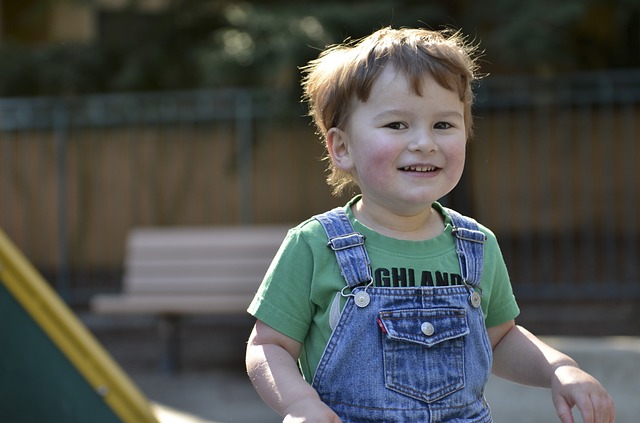Autism is a condition that we know relatively little about and is certainly more prevalent than it once was. One of the biggest issues is diagnosing ASD (Autism Spectrum Disorder), which can become evident as early as the age of two. Timely intervention can really help a young child by developing skills and managing sensory overload, while also learning how positive behaviour can improve the quality of life.
Learning how to communicate
Seeking out early intervention autism services in Sydney can really help a young child to communicate effectively, helping their parents to better understand their needs. Training includes preparing the parents, who are critical to the success of any early intervention program; teaching them the skills to help them provide optimum care for their children.
Applied Behaviour Analysis
Known as ABA, this is a systematic approach to analysing behaviour that utilises interventions that are known to be beneficial to young children with autism. ABA therapy helps to address behaviours and skills that are important to the development of the child. There is an element of experimentation with ABA, to discover what strategies work best with individual children; monitoring outcomes enables therapists to work out what strategies work and what do not.
Early Intensive Behaviour Intervention Programs
Known as EIBIP, this is an intensive program carried out at home, at pre-school or in-clinic by a qualified team of practitioners, with a project manager overseeing the program. A typical EIBIP would run for 12-25 hours per week, with fortnightly meetings with parents.
Here are some very important aspects of EIBIP.
- Behavior is a product of its environment.
- Behavior is strengthened or weakened by its consequences.
- Behavior responds better to positive than negative consequences.
- Behaviors need to be reinforced or disciplined before significant change will occur.
EIBIP therapy techniques
Practitioners use various techniques with therapy, which include the following:
- Incidental teaching – This is when skills are taught in the child’s environment; this is a primary method to teach essential social skills and learning through play. The ideal environment is at home, or wherever the child spends most of their time. Click here for tips on keeping baby skin dry.
- Discrete trial teaching – DTT is a technique that breaks down a particular skill into manageable steps. A child can learn simple skills that add up to a complete skill while building on newly acquired skills and learning more complex skills.
- Verbal behaviour framework – The child learns to use language that is relevant to them and their environment. It is important to provide adequate motivation for language learning, which promotes knowledge retention and the focus is on functional language rather than repetition.
- Rational frame theory – This is all about the ability to relate concepts, which teaches the child to learn from their immediate environment.
If a young child is diagnosed with Autism, it is crucial that an early intervention plan is put together and a team of practitioners can work with parents and carers.


